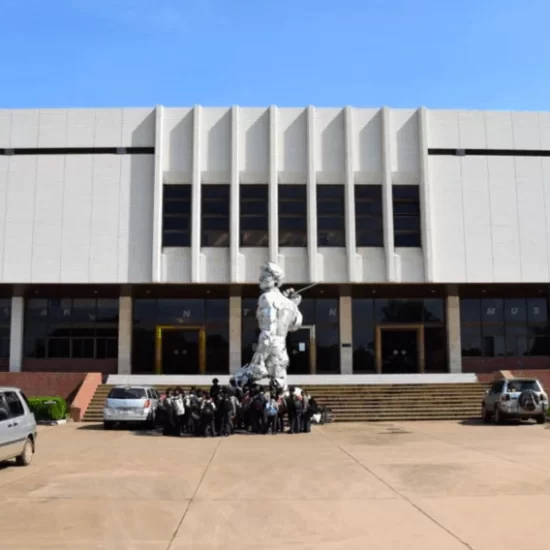The announcement by Government that Zambia will start experiencing 6 hours of load shedding which is scheduled to commence on 15th December 2022 has cast a dark shadow on the already negative economic outlook for local businesses and the country at large.
The announcement that Zambia will go back to load shedding days has been received with mixed feelings as it comes on then back of Zesco Board Chairperson Vickson Ncube having assured the Nation a few months ago that state owned power utility – ZESCO had enough electricity generation capacity from it power stations dotted across the country and that the issue of load shedding was long gone and now a thing of the past.
But last week, Energy Minister Peter Kapala announced that due to the dwindling water levels at Kariba Dam, Zambia’ major source of hydro power, ZESCO will start rationing power and the country will endure up to 6 hours of load shedding.
This is a major blow to the business sector especially the Small and Medium Sector which are mostly local businesses who are already reeling from the impact of the Covid 19. Most small businesses like butcheries, barbershops, salons and restaurants depend on the electricity supplied by ZESCO and cannot afford alternative power such as diesel powered generators which come as an added cost and turn their businesses into loss making
The impending load shedding will put most SMEs in a very uncomfortable position because they will have to go for about half of the day without operating and this will result in a drastic drop in their revenues. And the timing is during peak business hours, it means almost the whole day
And Economist Trevor Hambayi has advised government to devise measures that will provide technical support to Small businesses in the country in order to cushion them from the prolonged power cuts.
Mr Hambayi told the Zambia Business times that despite the creation of the Ministry of Small and Medium Enterprise Development, the SME sector in Zambia still remains unsupported.
He said there are a lot of political pronouncements around the issue ofsupporting SMEs but the reality on the ground is totally different as most of them are still grappling with issues like lack of access to capital with the available incentives either too bureaucratic or beyond their means.
Mr Hambayi said most of the challenges facing SMEs in Zambia can be resolved at policy level such as the reduction on the 4% turn over tax which he said is too high especially that the country has not posted positive economic growth in the last 2 years and the cost of doing business has equally increased.
‘It is a very big challenge for the SMEs because firstly we have not seen so much in terms of economic recovery in the past 2 years and secondly because we’ve have not had a lot of liquidity in the market which is being cause by the fact that government has also not paid Suppliers and contractors’.
He said in this period most SMEs have stagnated and did not generate enough income and has since advised the government to dismantle the arrears and pay suppliers so that Small businesses can have the capital to cushion themselves from the impact of load shedding.
Mr Hambayi said government should also look into the issue of scrapping customs duty and other costs in relation to the importation and purchase of liquid petroleum gas to enable Small businesses afford the resource to cover for the lost hours when power will be cut.






